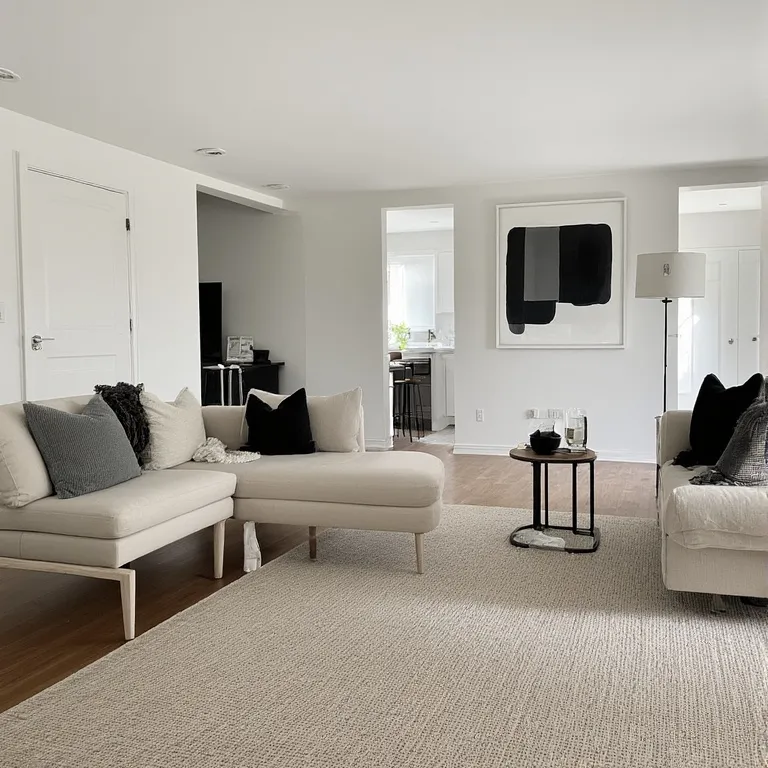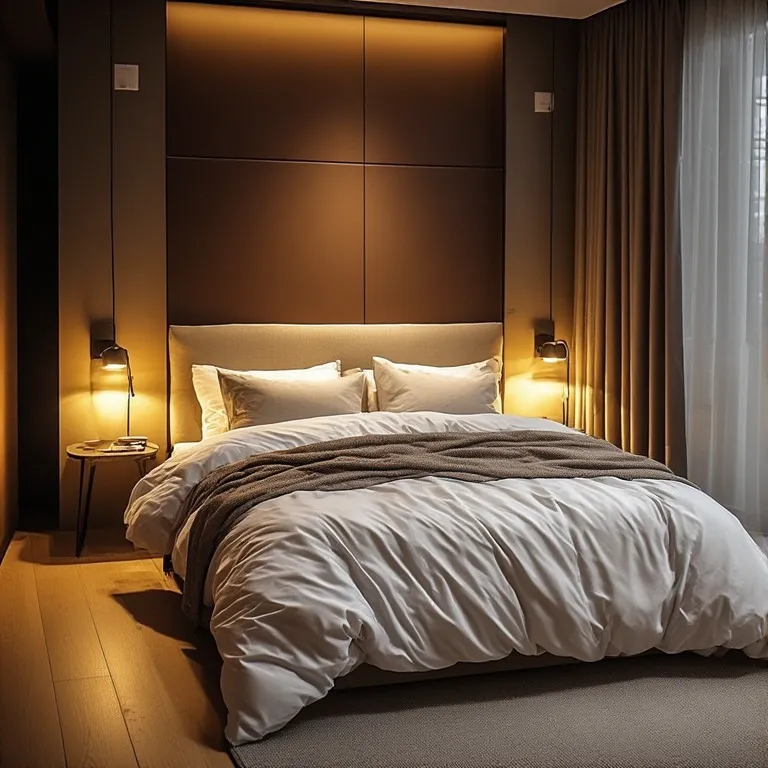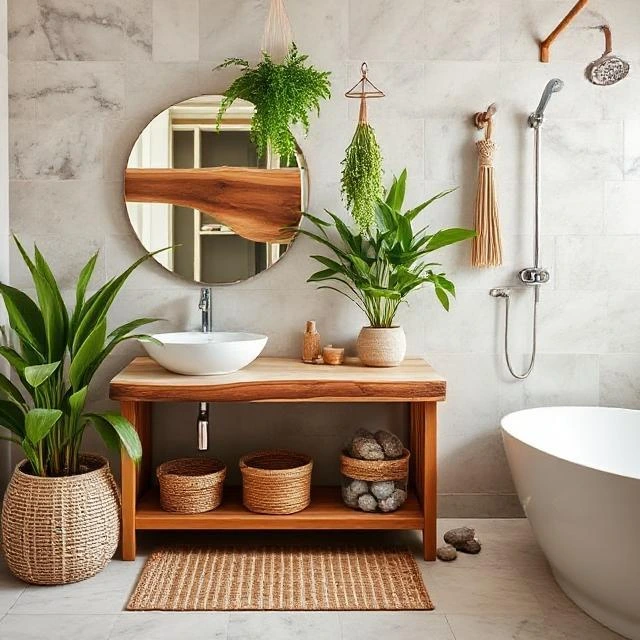Choosing the Best 15 Kitchen Countertop Material for You
Kitchen Countertop moment you step inside your kitchen, your eyes nearly always drift to the countertop. It’s the working canvas for meals, the landing zone for grocery bags, and the visual anchor of the entire space. Choosing the right surface is not simply about colors or patterns—it’s about how the material will behave when your daily routine meets real-world mess, heat, weight, and time. This guide unfolds each material with clarity so you can choose wisely.
Check Also : 15 Magical Princess Room Design Ideas Every Child Will Love
Understanding How Countertop Materials Differ
Countertop materials aren’t created equal. Each one holds its own blend of character, resilience, cost, and upkeep requirements. Some whisper luxury while others offer unfussy practicality. Before choosing one, you must consider heat endurance, scratch resistance, porosity, maintenance frequency, and cleaning needs. With all these factors blending together, the best countertop is the one that smoothly fits your lifestyle rather than forcing you to adjust to it.
Granite Countertops
Granite is nature’s artwork—every slab holding intricate patterns carved over centuries. People love granite because it provides a rare mix of strength and elegance. It resists heat, shrugs off scratches, and becomes a focal point without trying too hard. Granite’s large palette of tones lets you harmonize it with dark, light, warm, or cool cabinetry.
Advantages of Granite
Granite’s sturdiness lets you handle hot pans and sharp utensils without fear. Its organic veining creates dramatic visual energy. Its natural density reduces stain absorption when properly sealed. Homeowners who enjoy the timeless look often gravitate toward granite because it brings a grounded, earthy atmosphere.
Things to Consider with Granite
Granite does need sealing to maintain its defense against stains. The patterns can vary widely, so you must choose your slab personally if you want a specific look. While it offers great longevity, improper installation may cause cracking.

Quartz Countertops
Quartz countertops are engineered surfaces combining crushed stone with robust resins. This mixture forms an incredibly dependable material that remains consistent in tone, texture, and strength.
Strengths of Quartz
Quartz doesn’t require sealing, making it effortless to maintain. It’s resistant to stains, bacteria, and daily mishaps. If you prefer sleek, consistent coloring without unpredictable veining, quartz offers countless modern shades. It’s perfect for busy kitchens where spills and splashes are common guests.
Points to Reflect On
Quartz isn’t the best friend of very high heat, so placing scorching pots directly on it isn’t wise. It also tends to come at a higher cost—though many feel the maintenance ease perfectly justifies it.
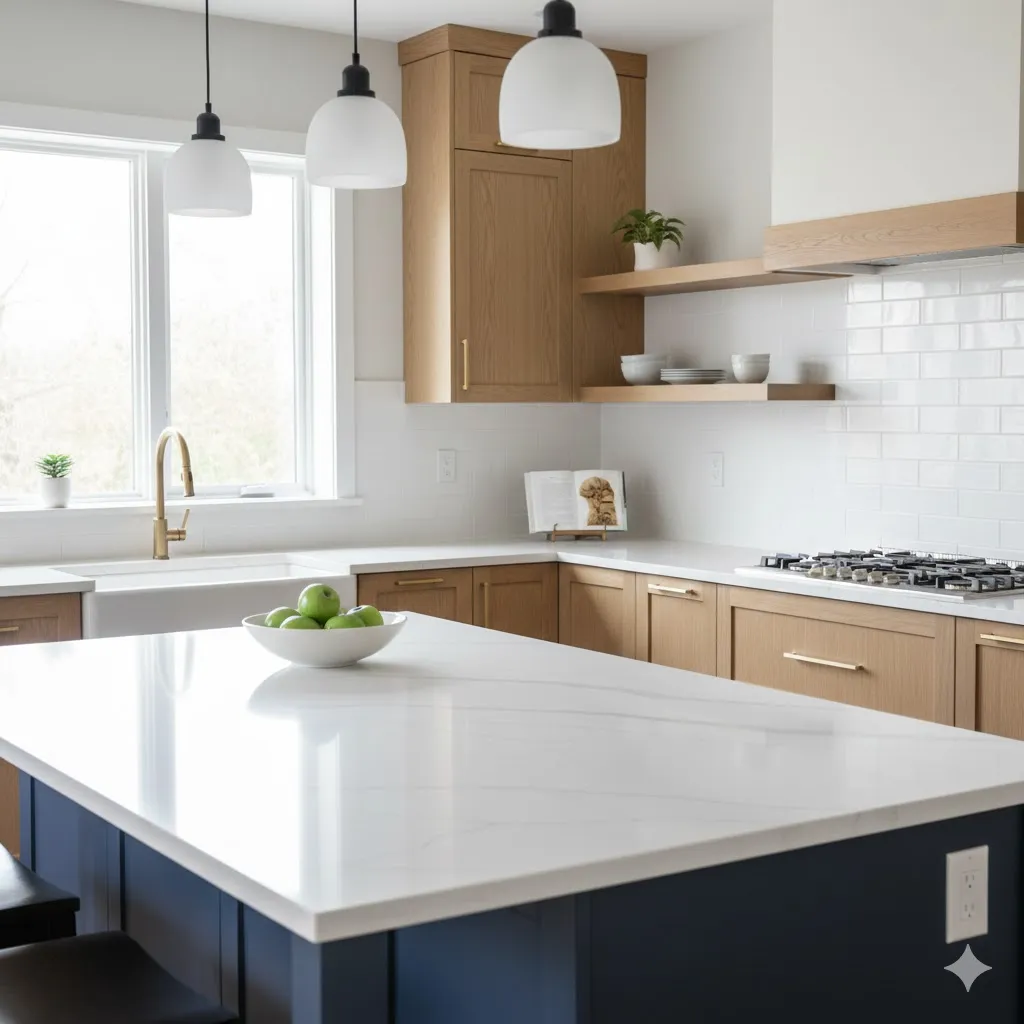
Marble Countertops
Marble has a poetic charm—soft veining that glides across the surface like delicate brushstrokes. It’s long been adored for creating kitchens with quiet luxury and classical appeal.
Why Marble Charms Homeowners
Its cool temperature is ideal for baking lovers. Its natural glamour transforms even simple kitchens into stylish retreats. The uniqueness of each slab ensures no two countertops look alike.
Marble Maintenance Truths
Marble is porous, making it vulnerable to staining and etching. It requires careful cleaning and routine sealing. If you prefer a countertop that remains pristine without effort, marble may feel demanding. But if you embrace character, its aging can become part of the charm.

Quartzite Countertops
Quartzite is often confused with quartz, yet it’s a fully natural stone. It mimics the visual softness of marble but offers tougher resistance against scratches and heat. Its luminous appearance paired with its strength makes it an appealing middle ground between beauty and durability.

Concrete Countertops
Concrete gives your kitchen a bold, custom-crafted feel. Artisans can mold it into any shape and tint it into countless colors. Concrete brings industrial flair, modern personality, and rugged style.
Yet, without sealing, it can stain or crack. Because concrete is extremely heavy, expert installation is essential.

Stainless Steel Countertops
Professional kitchens adore stainless steel because it’s hygienic, heat-resistant, and nearly impossible to stain. Its reflective surface creates a clean, stylish, and ultra-modern vibe.
However, stainless steel can scratch more easily than stone and may show fingerprints. It suits homeowners who admire minimalism and don’t mind a bit of character on their surface.

Laminate Countertops
Laminate remains one of the most budget-friendly countertop materials. Modern laminate designs can mimic stone, wood, or metal. It’s lightweight, resistant to many household spills, and simple to clean.
But laminate can chip, burn, or peel when exposed to excessive heat or rough use. It’s ideal for rentals, starter homes, or homeowners seeking affordability without sacrificing visual appeal.

Solid Surface Countertops
Solid surface materials like Corian provide smooth, seamless finishes. They resist mild scratches, can be repaired easily, and offer a variety of tones. Their gentleness in both texture and look makes them a calm, practical choice.
However, they’re not as resistant to heat or cut marks as stone. You must use caution when placing hot pans or using sharp tools.
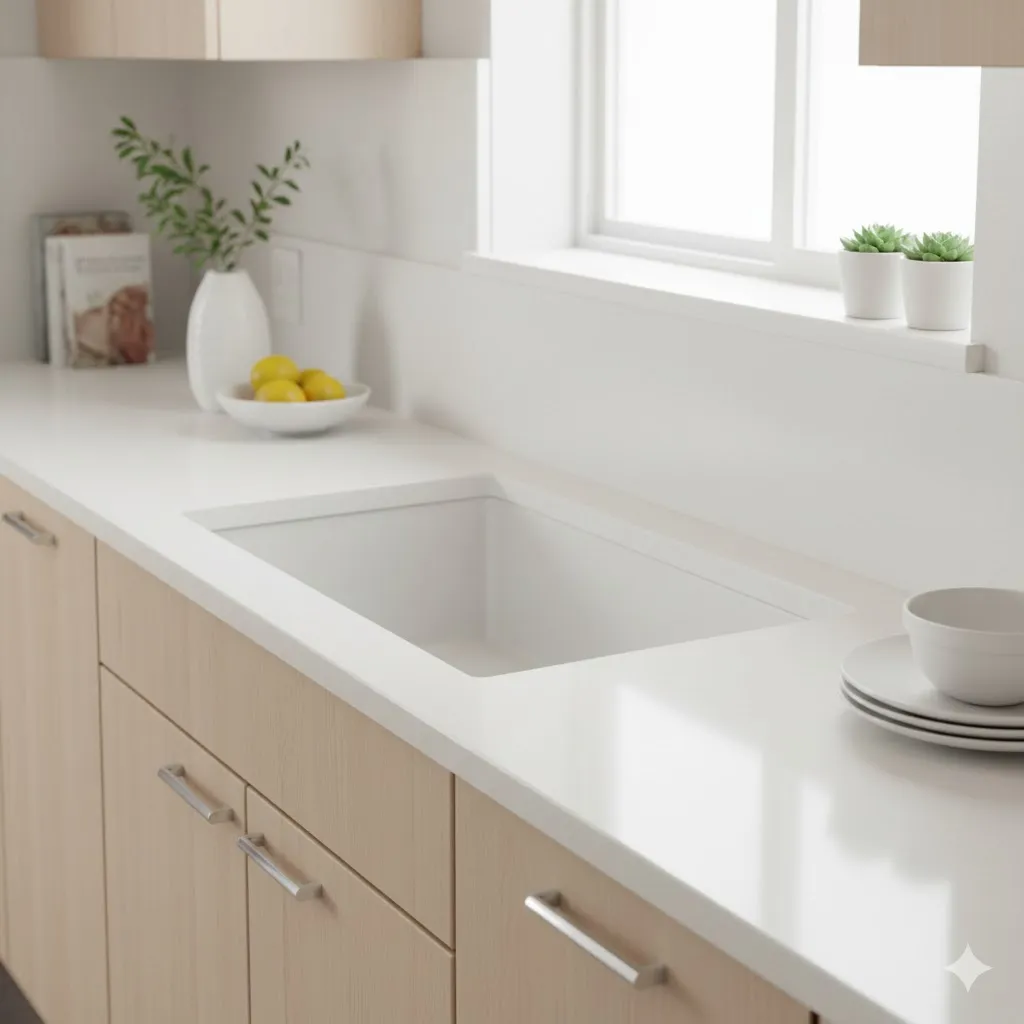
Ceramic Tile Countertops
Ceramic tiles bring artistry and pattern into your kitchen. They allow endless design creativity, from mosaic styles to bold, colorful layouts. They resist heat well and are affordable.
But the grout lines require more maintenance, and tiles can chip if struck hard.

Soapstone Countertops
Soapstone is smooth to the touch and naturally resistant to stains and bacteria. Its milky, soft appearance evolves over time, especially when treated with mineral oil.
Though resistant to heat, it can scratch more easily than quartz or granite. Many homeowners consider the evolving patina a beloved trait.

Glass Countertops
Glass countertops offer a contemporary, radiant aesthetic. They’re non-porous, meaning no bacteria or stains. Their reflective nature brightens your kitchen instantly.
Even though they’re strong, they may show fingerprints and require consistent wiping to maintain clarity.

Porcelain Countertops
Porcelain is rising in popularity for its remarkable durability. It’s resistant to UV light, heat, stains, and scratches. Its ability to mimic natural stone makes it a versatile, stylish option.
Because the slabs are thinner, installation demands precision. Still, the payoff is outstanding longevity.

Recycled Material Countertops
Eco-friendly homeowners appreciate recycled surfaces made from glass, paper composite, or other repurposed materials. They bring a unique story into the kitchen—combining sustainability with creativity. Each blend forms distinct patterns rich with texture and originality.

How to Select the Ideal Countertop for Your Kitchen
Choosing your countertop starts with understanding your lifestyle. Ask yourself: Do you cook frequently? Do you prefer easy maintenance? Do you value natural beauty over uniform design? Do you want something bold or something timeless?
Balance your aesthetic preferences with durability, price, and upkeep. The best countertop is the one that harmonizes with your habits and enhances your daily routines instead of complicating them.
Conclusion
Your kitchen countertop influences the way your space feels, functions, and ages with you. Whether you gravitate toward natural stone, sustainable materials, or sleek modern finishes, your perfect surface is the one that supports your lifestyle and reflects your personal style. The right choice can make daily tasks smoother and the overall kitchen atmosphere more inviting.
FAQs
- Which countertop material lasts the longest?
Quartz, granite, and porcelain generally offer the longest lifespan due to their durability. - What is the easiest countertop to maintain?
Quartz stands out because it requires no sealing and resists stains effortlessly. - Which countertops provide a luxury appearance?
Marble, quartzite, and high-quality quartz often create the most luxurious visual impact. - What is the most budget-friendly option?
Laminate is the most affordable, with ceramic tile and butcher block also offering cost-effective choices. - Can I mix different countertops in one kitchen?
Yes, many homeowners blend materials—for example, pairing butcher block on an island with quartz on the perimeter—for both style and practicality.




